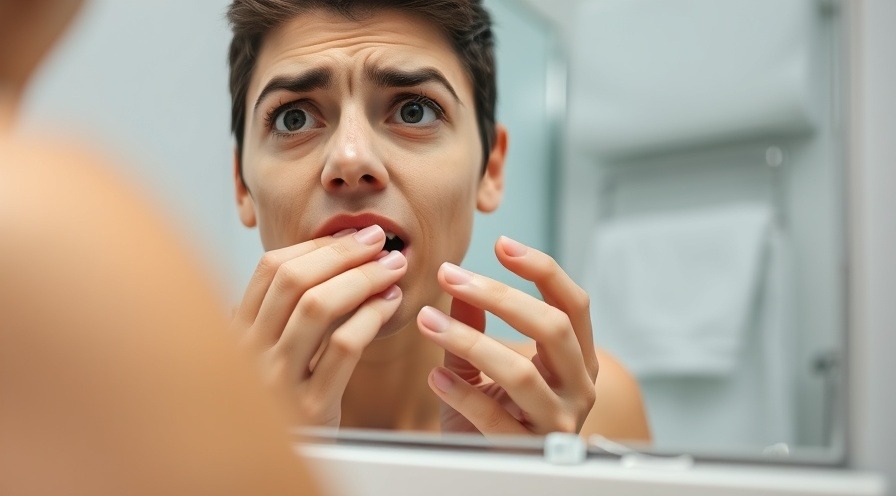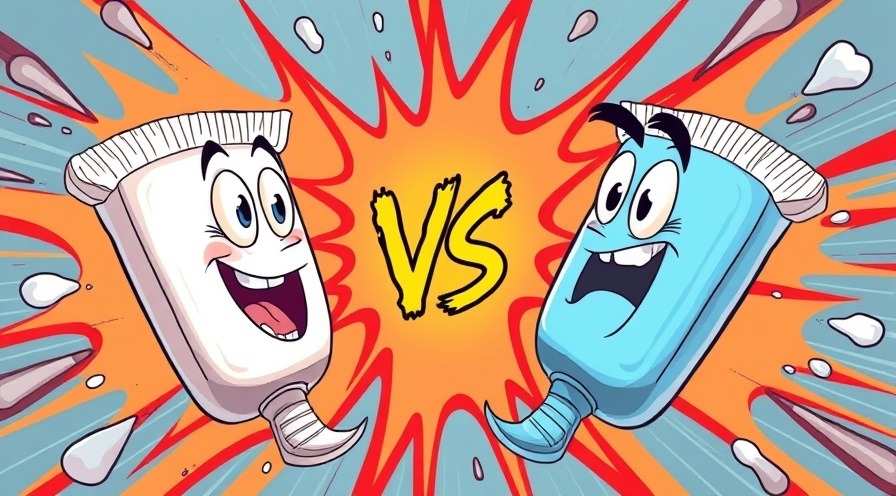
Gum Disease: The Silent Destroyer Lurking Behind Your Smile (Spot It Before It's Too Late)
You brush regularly, floss occasionally (let's be honest), and your teeth look perfectly fine in the mirror. So why is your dentist suddenly talking about "periodontal pockets" and "gingival recession"? Welcome to the sneaky world of gum disease—a condition that affects nearly 50% of Americans over 30, according to the Centers for Disease Control and Prevention (CDC), yet remains largely unnoticed until significant damage has occurred.
The Stealth Attack on Your Smile
Imagine a burglar who doesn't set off any alarms while slowly removing valuables from your home. That's essentially what gum disease does to your smile. Dr. Jessica Worthington, periodontist and author of "Beyond Brushing: The Complete Guide to Gum Health" explains: "The most dangerous aspect of periodontal disease is its painless progression. By the time many patients notice symptoms, the disease has already caused irreversible damage to the supporting structures of the teeth."
Unlike a toothache that demands immediate attention, gum disease works quietly behind the scenes, gradually destroying the foundation of your teeth. The American Academy of Periodontology reports that gum disease is the leading cause of tooth loss in adults—a fact that might have you reaching for your floss right about now.
Early Warning Signs: Your Gums Are Talking (Are You Listening?)
Your gums are actually quite chatty if you know what to look for. Here are the whispers you shouldn't ignore:
1. Bleeding Gums
If your sink looks like a crime scene after brushing, your gums are sending an SOS. Contrary to popular belief, bleeding gums are NEVER normal—not even when flossing after a long hiatus. (And no, taking a "break" from flossing doesn't make your gums "forget" how healthy they're supposed to be!)
2. Red, Swollen Gums
Healthy gums are like good neighbors—they mind their own business and maintain appropriate boundaries. They should appear pink and firm, fitting snugly around your teeth. If they're red, puffy, or pulling away from your teeth, there's trouble brewing.
3. Persistent Bad Breath
We all get morning breath, but if yours could wake the dead and brushing doesn't help, it might be gum disease. The bacteria causing the infection produce volatile sulfur compounds that smell about as pleasant as they sound.
4. Receding Gums
When someone says you're "long in the tooth," it shouldn't be anatomically accurate. Gums that recede make teeth appear longer and create spaces where bacteria throw house parties.
5. Changes in Bite or Tooth Position
Teeth shifting like teenagers changing their minds? This could indicate bone loss from advanced gum disease.
The Mouth-Body Connection: Why Your Physician Cares About Your Gums
Here's where things get serious. A 2021 study published in the Journal of Clinical Periodontology found significant associations between gum disease and systemic conditions including heart disease, diabetes, respiratory diseases, and even adverse pregnancy outcomes.
Dr. Robert Levine, Professor of Medicine at Harvard Medical School and author of "The Silent Link: Oral Health and Systemic Disease," states: "The mouth is not isolated from the rest of the body. The inflammatory processes that occur in periodontal disease can contribute to or exacerbate inflammation throughout the body, potentially affecting cardiovascular health and other systems."
The research is compelling enough that in 2022, the American Heart Association officially recognized periodontal disease as a risk factor for cardiovascular disease. Let that sink in while you contemplate when you last replaced your toothbrush.

Prevention: Your Gum Disease Defense Strategy
The good news? Gum disease is largely preventable and, if caught early, often reversible. Here's your battle plan:
Professional Care: Your Dental Dream Team
Regular Dental Checkups: Aim for visits every six months. Your dentist can spot the early signs of gum disease that you might miss.
Professional Cleanings: Even the most diligent home care can't remove all plaque, especially once it hardens into tartar.
Comprehensive Periodontal Evaluation: The American Academy of Periodontology recommends an annual assessment of your gum health.
Home Care: The Daily Defense
Brushing Technique Matters: Two minutes, twice daily, with a soft-bristled brush at a 45-degree angle to your gumline.
Flossing Is Non-Negotiable: Think of it as taking out the trash—skip it, and things start to stink.
Consider Interdental Brushes: For those tight spaces between teeth where floss fears to tread.
Antimicrobial Mouthwash: Look for ADA-approved options containing chlorhexidine or essential oils.
Lifestyle Factors: The Bigger Picture
Quit Smoking: Smokers are five times more likely to develop gum disease than non-smokers, according to research published in the Journal of Dental Research.
Manage Stress: A 2023 study in the Journal of Periodontology linked chronic stress to increased severity of gum disease.
Balanced Diet: Antioxidant-rich foods help combat inflammation. Think colorful vegetables, berries, green tea, and fatty fish.
Dr. Michael Zhang from the National Institute of Dental and Craniofacial Research notes: "What many patients don't realize is that gum disease is a battle between bacterial biofilm and your immune system. Nutrition, stress management, and sleep all impact how effectively your body fights this battle."
When to Call in the Specialists
If you're already seeing signs of gum disease, don't wait for your next scheduled appointment. Early intervention can mean the difference between a simple cleaning and surgical procedures.
Remember: your teeth were designed to last a lifetime. With proper care, they can—and so can the gums that support them. After all, even the most brilliant smile loses its charm when it's sitting in a glass beside your bed.
Medical Disclaimer: This article is for informational purposes only and does not constitute medical advice. Always consult with a qualified dental professional regarding any questions or concerns about your oral health.
 Add Row
Add Row  Add
Add 




Write A Comment